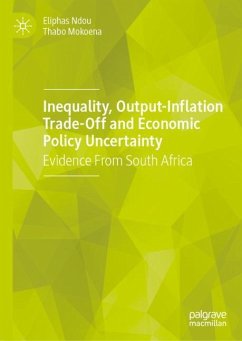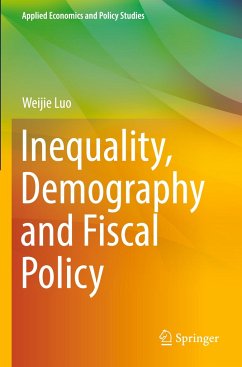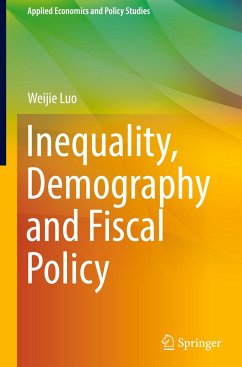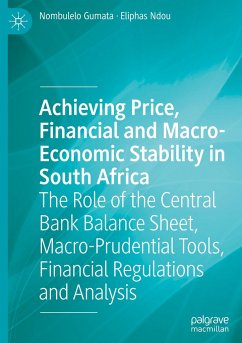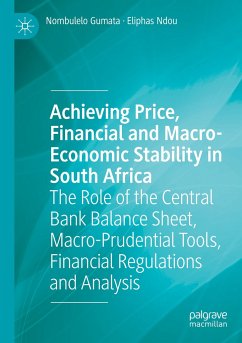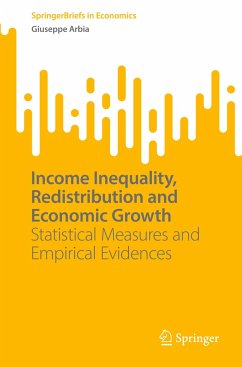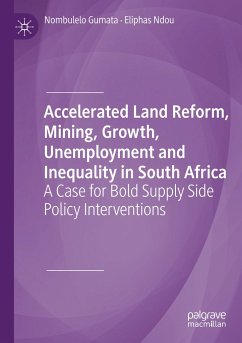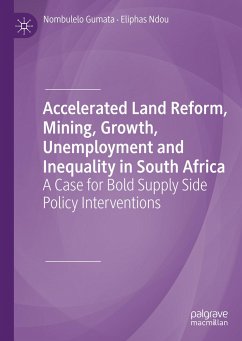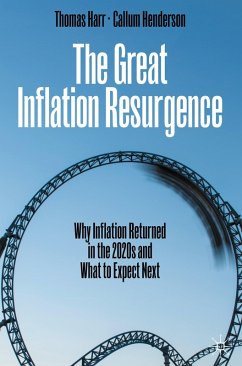
Inequality, Output-Inflation Trade-Off and Economic Policy Uncertainty
Evidence From South Africa
Versandkostenfrei!
Versandfertig in 6-10 Tagen
53,99 €
inkl. MwSt.
Weitere Ausgaben:

PAYBACK Punkte
27 °P sammeln!
This book focuses on income inequality, output-inflation trade-off and economic policy uncertainty in South Africa. Tight monetary and macroprudential policies raise income inequality. Income inequality transmits monetary policy and macroprudential policy shocks to real economic activity. Economic policy uncertainty influences the dynamics in the lending rate margins, inflation expectations, credit, pass-through of the repo rate to bank lending rates and companies' cash holdings. The trade-off between output and inflation and output growth persistence vary with inflation regimes. Stimulatory d...
This book focuses on income inequality, output-inflation trade-off and economic policy uncertainty in South Africa. Tight monetary and macroprudential policies raise income inequality. Income inequality transmits monetary policy and macroprudential policy shocks to real economic activity. Economic policy uncertainty influences the dynamics in the lending rate margins, inflation expectations, credit, pass-through of the repo rate to bank lending rates and companies' cash holdings. The trade-off between output and inflation and output growth persistence vary with inflation regimes. Stimulatory demand policy shocks are less effective in high inflation regime. High income inequality raises consumption inequality, which raises demand for credit, but price stability matters in this link. Increased bank concentration raises income inequality, lowers economic growth and employment rate. Elevated economic policy uncertainty lowers output growth, lowers capital formation, reduces credit and raises companies' cash holdings. Increased companies' cash holdings reduce capital formation and impact the transmission of expansionary monetary policy shocks to real economic activity. This book shows there is an inflation level within the target band below it which lowers income inequality, while raising GDP growth and employment. Thus price stability, economic policy uncertainty and income inequality matter for the efficient transmission of policy shocks.





